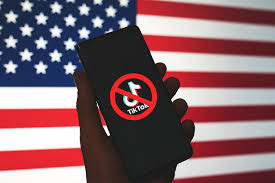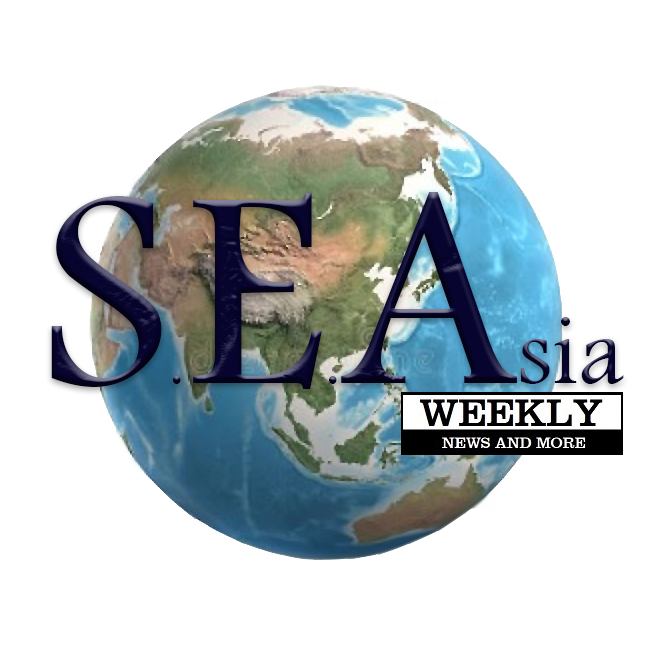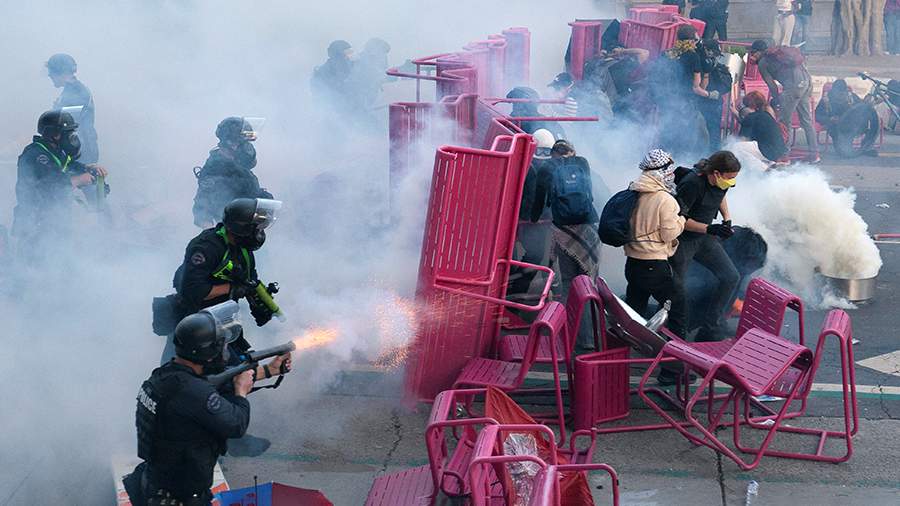The recent push to ban TikTok in the United States has ignited a firestorm of controversy, raising concerns about free speech, market competition, and the potential for political maneuvering. While national security concerns regarding data privacy have been cited as the primary motive, a closer look reveals a tangled web of vested interests, including US politicians’ investments in Meta, that casts doubt on the official narrative.
The Specter of Meta’s Influence
It’s no secret that Meta, the parent company of Facebook and Instagram, views TikTok as a formidable competitor. With TikTok’s meteoric rise in popularity, Meta has witnessed a significant shift in the social media landscape, threatening its dominance. Against this backdrop, the revelation that certain US politicians hold substantial investments in Meta raises troubling questions about potential conflicts of interest.
Could it be that the push to ban TikTok is not solely driven by national security concerns, but also by a desire to protect Meta’s market share? This suspicion is further fueled by reports of Meta employing lobbying firms to продвигать narratives that portray TikTok as a national security threat. While such actions are not uncommon in the corporate world, the involvement of politicians with financial stakes in Meta adds a layer of complexity that cannot be ignored.
The Erosion of Free Speech
The First Amendment of the US Constitution enshrines the right to free speech, a cornerstone of American democracy. However, the TikTok ban raises concerns about the government’s willingness to uphold this fundamental right. By effectively silencing a platform used by millions of Americans to express themselves, share information, and engage in political discourse, the government is setting a dangerous precedent.
This move is particularly alarming in light of recent reports suggesting that TikTok’s algorithm has been altered to censor content related to Palestine. This alleged censorship raises serious concerns about the platform’s commitment to neutrality and its potential to be manipulated for political purposes. While TikTok denies these allegations, the timing of these reports, coinciding with the push for a ban, raises suspicion.
A History of Government Overreach
The TikTok ban is not an isolated incident. Throughout history, the US government has demonstrated a willingness to stifle dissent and control information under the guise of national security. From the Sedition Act of 1798 to the Espionage Act of 1917, numerous laws have been enacted to suppress speech deemed threatening to the established order.
More recently, the government’s response to the COVID-19 pandemic has been criticized for its heavy-handed approach to censorship. Social media platforms were pressured to remove content deemed “misinformation,” often with little regard for nuance or context. This trend towards increased government control over information raises concerns about the future of free speech in America
The Need for Transparency and Accountability
The TikTok ban, shrouded in controversy and suspicion, underscores the need for greater transparency and accountability in government. When politicians with vested interests in competing companies are involved in decisions that impact the free flow of information, the public has a right to know.
Furthermore, the allegations of censorship on TikTok, particularly concerning content related to Palestine, must be thoroughly investigated. If these allegations are proven true, it would represent a serious breach of trust and a betrayal of the platform’s commitment to free expression.
The TikTok ban is a complex issue with far-reaching implications. While national security concerns cannot be dismissed, the involvement of US politicians with financial ties to Meta casts a shadow of doubt over the official narrative. The erosion of free speech, coupled with allegations of censorship, paints a troubling picture of a government willing to overreach its authority.
As the debate over the TikTok ban rages on, it is crucial to remember that the principles of free speech and open markets are essential to a healthy democracy. The government must be held accountable for its actions, and the public must remain vigilant in safeguarding their fundamental rights.






